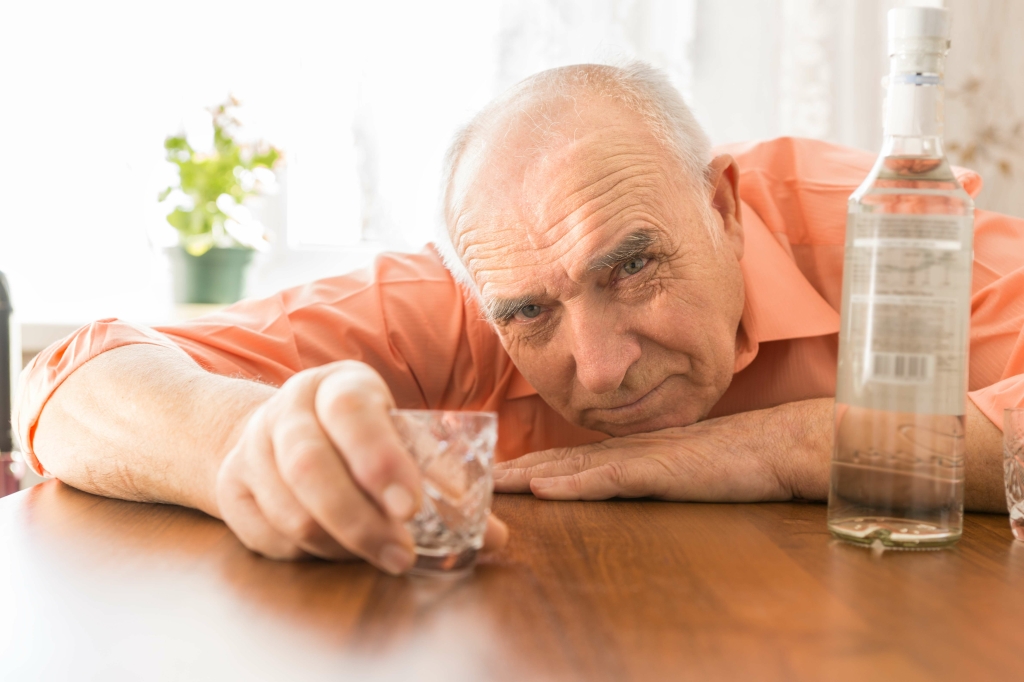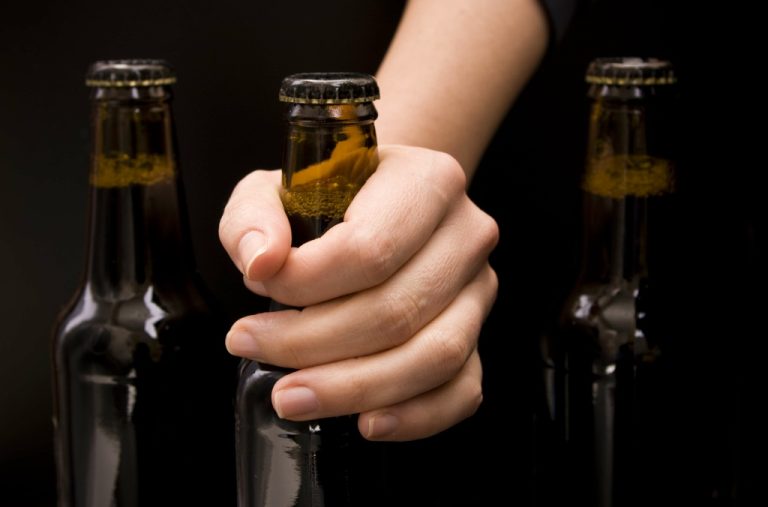Remote Kotlin Developer Jobs
14 جولای, 2021The Qualities of a Successful Marital relationship
11 آگوست, 2021Alcohol and Anxiety: Causes, Risks and Treatment
Understanding the potential for alcohol-induced anxiety to linger beyond the initial consumption period is essential for those seeking to manage their mental health effectively. Alcohol’s impact on neurotransmitters in the brain, such as serotonin and gamma-aminobutyric acid (GABA), can disrupt the body’s natural balance and increase susceptibility to anxiety attacks. Moreover, alcohol-induced changes in sleep patterns and overall brain function can further exacerbate anxiety symptoms, potentially http://www.hallart.ru/other/from-russia-with-love culminating in full-blown anxiety attacks. Psychiatrists are doctors who have specialized training in diagnosing and treating complex mental health conditions through medication management.
How can I break the cycle of alcohol and panic attacks?

People with AUD may have a higher risk of developing an anxiety disorder. At first, drinking can reduce fears and take your mind off of your troubles. It can help you feel less shy, give you a boost in https://magazin-bezhimii.ru/catalog/kosmetika/naturalnaya-dekorativnaya-kosmetika/gel-fiksiruuschii-dlya-brovei-foet-prozrachnyi-5-ml mood, and make you feel generally relaxed.
- Research suggests there may be a bidirectional connection between anxiety disorders and AUD.
- If you take medication for anxiety, or you take anti-inflammatory drugs or narcotics, drinking can cause problems with anxiety.
- People need to speak with a doctor if they are experiencing the above effects due to alcohol.
- Understanding these relationships is crucial for effective management and support.
Follow us on social media
The more you drink, the more likely you are to induce chemical changes that can trigger https://r2b.ru/stati/pervoe-prjamoe-dokazatelstvo-togo-chto-reakcija.html panic attacks and other health problems. As a result, the best way to prevent panic attacks after drinking is to know your limits and avoid drinking to excess. Additionally, alcohol affects neurotransmitter levels in the brain—the chemical messengers responsible for how we think, feel, and behave. Over time, these changes can make it harder for you to relax when you aren’t drinking and may lead to persistent worries, intrusive thoughts, and other anxiety symptoms. Addressing alcohol anxiety involves professional treatment, self-help strategies, and potential medication use. These approaches aim to manage both alcohol use and anxiety symptoms effectively.
Coping Mechanisms for Anxiety
- Excessive intake of other drugs and food, including caffeine and sugar, may also be triggers.
- One theory of why this happens is called the “tension reduction hypothesis.” This theory suggests that alcohol is used as a self-medicating method to reduce stress and anxiety.
- For most patients, Talkiatry treatment is just as effective as in-person psychiatry (American Psychiatric Association, 2021), and much more convenient.
Rapid heartbeat or palpitations are common, with some individuals experiencing chest pain or tightness. Dizziness or lightheadedness may occur, especially when standing up quickly. One found 35.8% of alcohol-dependent men and 60.7% of women reported anxiety symptoms. Long-term use can result in permanent changes to brain structure and function.

How to Deal with Stress without Alcohol
- If you’re regularly experiencing some or all the symptoms listed above, it’s important to seek professional help immediately.
- Overcoming feelings of anxiety is possible, but sometimes, you need professional support to do it.
- Once your body learns to function normally without alcohol in your system.
- Working out doesn’t have to be super intense to have a positive effect on anxiety, either.
- The fact that all these physiological changes can cause symptoms so similar to those of a panic attack can trick your brain into having a real one.
If you’re someone who is prone to panic attacks when there is no obvious external trigger, dealing with the stress of mistakes can make having one more likely. This is especially true when coupled with the physiological symptoms of drinking. Panic attacks are episodes of extreme anxiety that typically last between 5 and 20 minutes. Someone who experiences multiple panic attacks for no apparent reason may have panic disorder, a form of anxiety. As alcohol is a sedative and depressant, it can relieve feelings of fear and anxiety in the moment.
